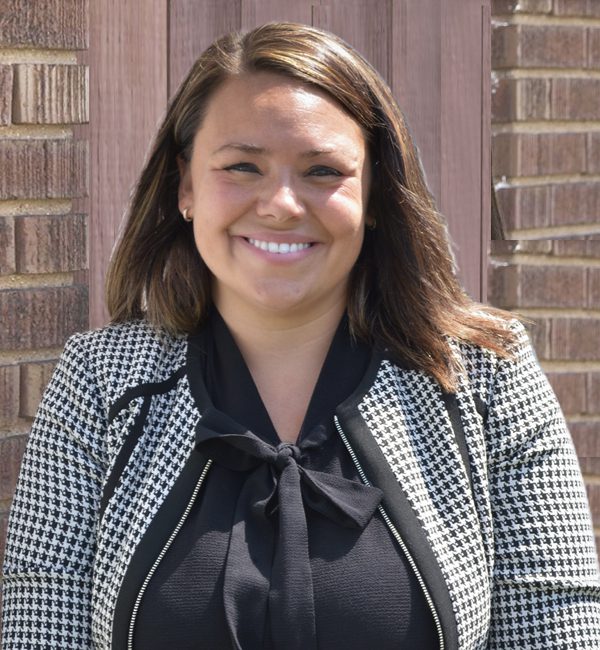Parenting time is the physical time each parent spends with their child, including overnights, holidays, and vacations. The allocation of parental responsibilities involves decision-making authority for major choices affecting your child’s life, such as education, healthcare, and religious upbringing. Ohio courts often award shared parenting, giving both parents significant time and decision-making roles when it serves the child’s best interests.
Child Custody
North Canton Child Custody Attorney
When there are children involved, the divorce process can be highly complicated as parents try to balance the best interests of the child with their own schedules and needs. Emotion can cloud judgment in child custody matters and Ohio law is complex, especially as custody evolves into the preferred arrangement commonly termed “shared parenting.”
The child custody team at Fout Law in North Canton, OH assists clients with all types of custody issues. Attorney Teresa Fout has extensive experience taking on a number of different roles in the process, as divorce counsel, child custody advocate, mediator, and trial lawyer. Whether or not you and the child’s other parent can agree on custody, our team will ensure a smooth process. If it’s necessary to take the matter to court, we’re at your side.
Allocation of Parental Rights and Responsibilities
Ohio is one of many states that recognize the importance of both parents in the life of a child, so the traditional notion of “joint custody” now falls under the concept of shared parenting. In this arrangement, both parents are considered residential parents; the child legally lives with each one, though one parent is designated for purposes of school residence.
- Agreements Regarding Minor Children: Divorcing parents may agree to allocate parental rights and responsibilities to make major decisions regarding the child’s health and welfare, including religion, education, travel, extracurricular activities, discipline, and online usage.
- Allocation of Parental Rights and Responsibilities in Absence of Agreement: If parents cannot agree, it may be necessary to go to court and have the judge make a determination. In such a situation, the judge will turn to the child’s best interests standard designated by Ohio law. After a hearing, a judge will make a decision based upon consideration of such factors as:
- The child’s wishes, if appropriate;
- The child’s relationship with each parent, as well as siblings and other members of the household;
- How well the child may be expected to adjust to changes in the home or school environment;
- The wishes of the parents;
- Each parent’s willingness to encourage the child’s relationship with the other;
- The parents’ willingness to cooperate and share in decisions regarding the child’s upbringing; and,
- Other considerations as designated by law or where appropriate.
Other Custodial Arrangements
In some cases, it’s not appropriate to order a shared parenting arrangement due to one parent’s mental health, substance abuse, or use of domestic violence. The other parent may request sole custody with limited or supervised visitation if it would be in the child’s best interests.
Discuss Your Situation with an Ohio Child Custody Lawyer
Child custody is among the more difficult issues at stake in an Ohio divorce case, so it’s smart to retain an experienced attorney to take on the tough challenges. A knowledgeable lawyer can help you understand the legal implications involved, so you’re in a better position to make informed decisions regarding your future. To hear more about your options in a child custody case, please call the North Canton, OH office of Fout Law at 330-437-7455 or contact us online.
FAQs About Child Custody in Ohio
What does "the best interests of the child" mean in Ohio custody cases?
This legal standard guides all custody decisions in Ohio. Courts consider multiple factors, including each parent’s ability to provide stability, the child’s relationship with both parents, the child’s adjustment to home and school, and each parent’s willingness to support the other’s relationship with the child. The court also evaluates any history of violence and the mental and physical health of all family members.
Can a child custody order be changed?
Yes, custody orders can be modified when there has been a substantial change in circumstances affecting the child’s best interests. Examples include a parent’s relocation, changes in work schedules, or concerns about a child’s safety. You must petition the court and demonstrate that modification would benefit your child. The process requires proper legal documentation and compelling evidence.
What if a parent refuses to follow the parenting agreement?
Violating a custody order is considered contempt of court, which can lead to severe consequences, including fines, loss of parenting time, or even imprisonment. Document all violations carefully, including dates and specific incidents. The court has various enforcement tools available, from modifying the existing order to implementing supervised visitation when necessary.
What evidence can I present to support my custody case?
Strong evidence includes documentation of your involvement in your child’s daily life, school records, medical records, and character witnesses who can attest to your parenting abilities. Communication records between you and the other parent, proof of stable housing and employment, and any evidence of the other parent’s inability to provide proper care can strengthen your case significantly.
Fill out this form, and we’ll set up a consultation!



